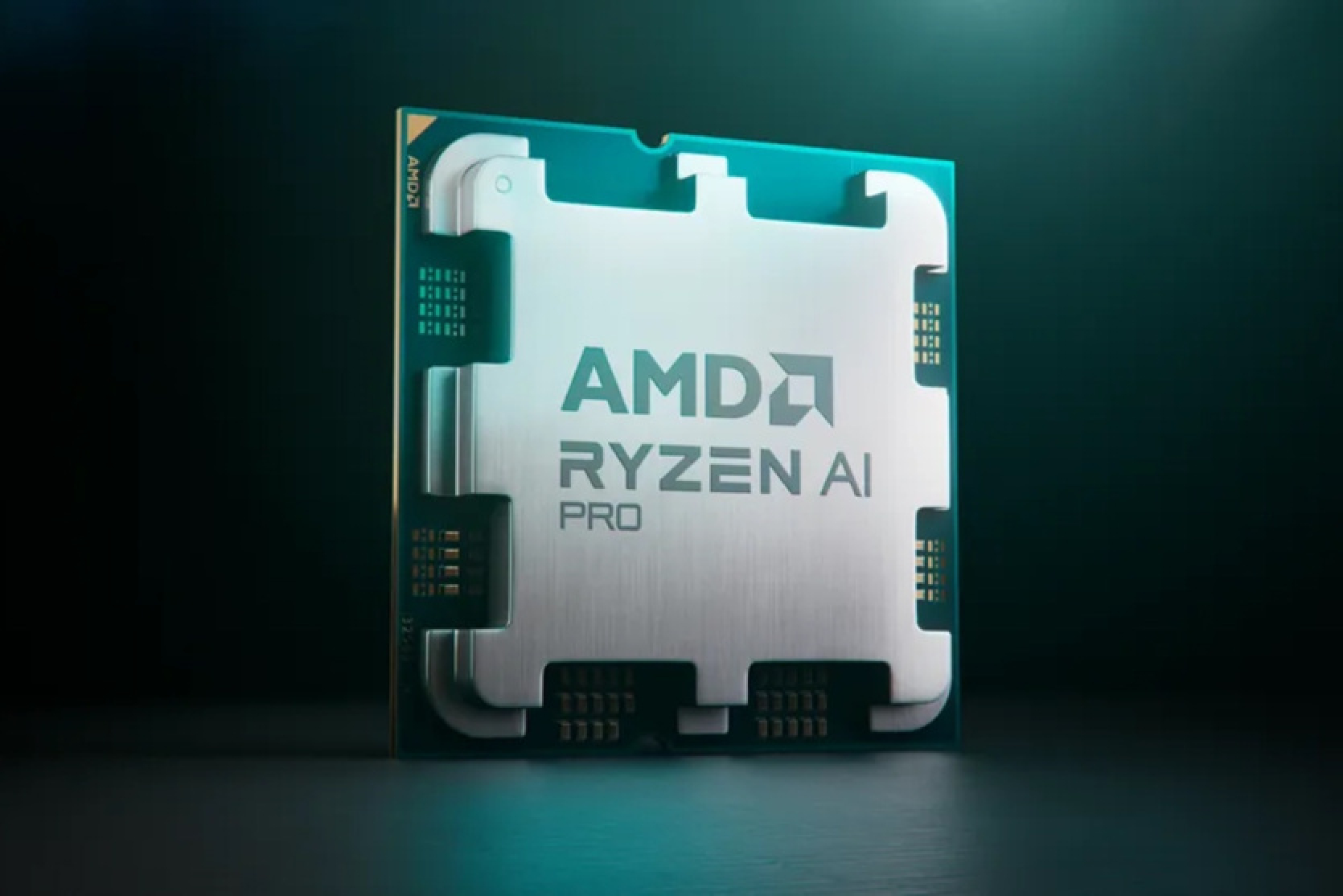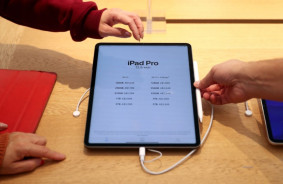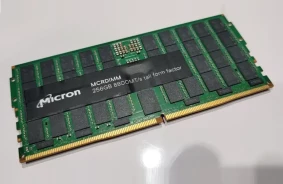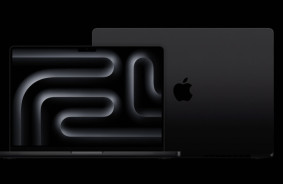Today, AMD unveiled a new series of Ryzen Pro processors. The company introduced the Hawk Point 8040 series for laptops and workstations and offered new Ryzen 8000 Phoenix processors with integrated graphics for desktop PCs. With its custom versions of processors, AMD became the first x86 chip manufacturer to bring its neural processor (NPU) for artificial intelligence processing to the mobile and desktop PC market.
AMD claims that its mobile processors with 16 TOPS have an advantage over Intel Core Ultra Meteor Lake models with 11 TOPS NPU. AMD also maintains an advantage in the overall TOPS system performance, which includes both processor and integrated graphics power, with 39 TOPS compared to Intel's 34 TOPS. AMD's desktop Ryzen 8000 also features a built-in NPU chip providing 16 TOPS, while Intel has not yet released a desktop PC processor with an AI processing chip.
Interestingly, AMD or Intel processors still do not meet Microsoft's requirements for next-generation PCs with artificial intelligence, which require 45 TOPS from the NPU. The 45 TOPS requirement is intended to enable Microsoft to run Copilot AI elements locally, and it is unclear how future Windows updates that include this feature will work on these processors. For comparison, Qualcomm's Snapdragon X Elite chips debut with 45 TOPS NPU performance mid-year. Apple M3 processors provide 18 TOPS of NPU performance, but they are apparently not affected by Microsoft's requirements.
AMD Ryzen Pro 8040 Mobile
The Ryzen Pro 8040 processors are based on the previous Hawk Point chips based on Zen 4 without the Pro designation. The U-series processors are designed for a 15-28 W TDP range, while HS variants are divided into 20-28 W and 35-54 W lines for Ryzen 9, 7, and 5. The number of cores in the new processors ranges from 6 cores and 12 threads for Ryzen 5 to 8 cores and 16 threads for Ryzen 7 and 9. The entry-level Ryzen 5 Pro 8540U does not have a built-in NPU.
AMD shared comparative data on its processors and Intel chips. The company claims an average advantage of the Ryzen 7 Pro 8840U by 15 W over the 15-watt Intel Core Ultra 7 165U processor in workloads covering multitasking, rendering, overall performance, graphics, and content creation. An average advantage of 18% is also claimed over the 28 W Core Ultra 7 165H.
According to the company, the Ryzen 9 Pro 8945HS with a 45 W power for workstations provides a 50%+ advantage in the Topaz Labs video program based on artificial intelligence over the 45 W Intel Core Ultra 9 185H processor and is 77% faster with Llama 2 LLM. AMD also shared tests with a wider range of artificial intelligence models. The claimed performance advantages range from 5% to 23% for a number of processor-oriented programs.
It is claimed that the mobile chips' battery life exceeds the capabilities of the Intel Core Ultra 7 165H processor by 46% during the workflow in Teams and has a slight advantage over the Apple M3 Pro processor. However, the Apple chip is not included in any direct comparison.
Ryzen Pro 8000G for PCs
The Ryzen Pro 8000 series for desktop PCs is based on the previous 8000G series without the Pro designation. All models have an integrated artificial intelligence acceleration chip NPU. All relevant specifications remain identical to existing consumer models, with processors ranging from 4 cores and 8 threads to 8 cores and 16 threads in the Ryzen Pro 3, 5, and 7 families. Standard 8000G models have a customizable TDP range of 45-65 W, while GE models have lower power at 35 W.
Overall, AMD claims an average increase of 19% compared to Intel's Core i7-14700, with a peak 3x advantage in the Time Spy graphics test. This is not surprising given the powerful combination of Zen 4 processor with RDNA 3 video chip. AMD also claims lower power consumption ranging from 33% to 76% in different configurations.
AMD Ryzen Pro Technologies
The integrated AMD Pro Technologies suite is a key differentiator between AMD Pro and standard consumer chips. This hardware-software package includes features such as AMD Pro Security, which includes multiple security levels, AMD Memory Guard, Microsoft Pluton, and AMD Secure chip. The new processors are the first for desktop computers to feature the Microsoft Pluton security function and cloud-based remote management.
AMD Pro Manageability features simplify system initialization, image creation, and deployment, while the AMD Pro Business Ready package provides stability and includes quality and reliability guarantees.
Source: Tom`s Hardware














Comments (0)
There are no comments for now